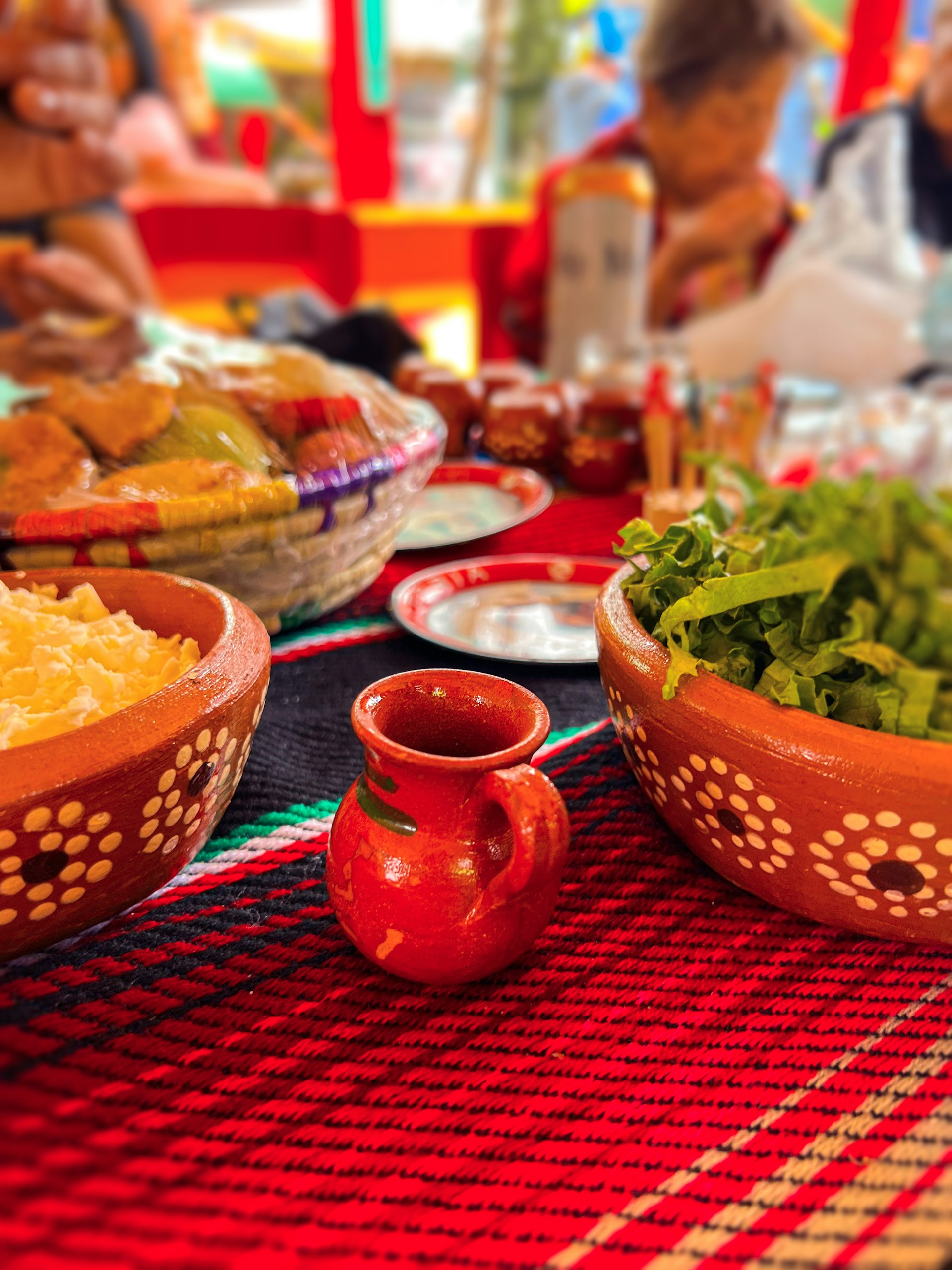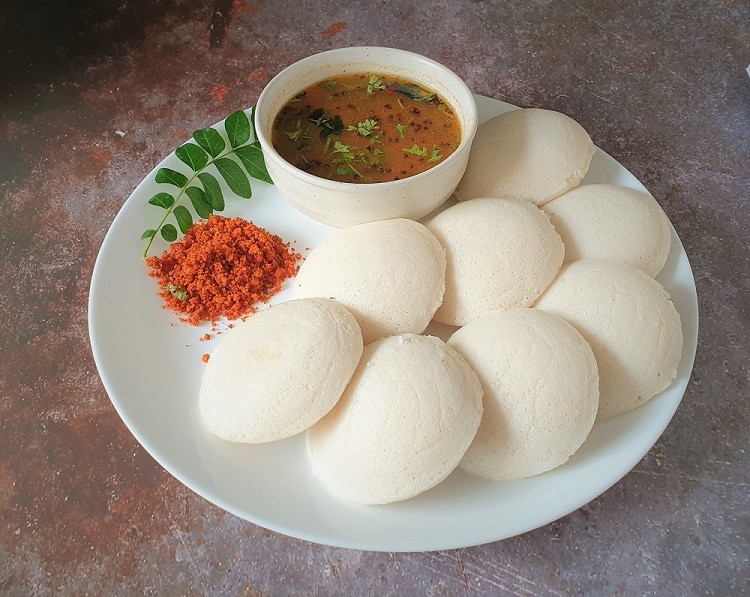Introduction
Healthy eating doesn’t mean bland meals or strict diets. Around the world, cultures have developed nutrient-rich habits baked into their cuisines—from Mediterranean olive oil to Japanese fermented foods. By borrowing these food swaps, you can upgrade your diet without restriction.
This guide explores global food wisdom and shows simple swaps that make meals both healthier and tastier.

Lessons from global cuisines
-
Mediterranean (Italy, Greece): Olive oil, nuts, legumes → heart health.
-
Japanese: Fermented foods (miso, natto) → gut health.
-
Indian: Spices like turmeric, ginger → anti-inflammatory.
-
Mexican: Beans, corn, avocado → fiber + healthy fats.
-
Nordic: Rye bread, fish, berries → omega-3s, antioxidants.
10 easy global food swaps
-
Butter → Olive oil (Mediterranean)
-
White rice → Brown rice or quinoa (Latin America/Asia fusion)
-
Soda → Sparkling water with citrus (Europe)
-
Chips → Roasted chickpeas (Middle East/India)
-
Sugary cereal → Oats with fruit (Nordic)
-
Mayonnaise → Greek yogurt (Mediterranean)
-
Candy → Dates or dried figs (Middle East)
-
Cream sauces → Tomato-based sauces (Italian)
-
Fast food fries → Baked sweet potato wedges (Caribbean/Japan influence)
-
Sugary desserts → Fresh fruit bowls (Asia, Mediterranean)
How to apply swaps without stress
-
One swap per week: Too many at once overwhelms.
-
Fuse with your culture: Adapt global swaps into familiar dishes.
-
Shop local: Many global “superfoods” are in your market already.
-
Flavor first: If it’s delicious, you’ll stick with it.
Troubleshooting
-
Cost concern? Use local equivalents (e.g., lentils instead of pricey imports).
-
Picky eaters? Start with sauces and snacks, not main meals.
-
Time-poor? Pre-prep beans, grains, and sauces on weekends.
-
Traveling? Explore local healthier street food—it’s often more authentic.
Quick checklist
□ Swap one ingredient weekly
□ Borrow from global cuisines
□ Prioritize taste and culture
□ Keep meals colorful and varied
Bottom line
Healthier eating doesn’t require strict diets—it requires smart swaps. By learning from global cuisines, you enrich flavor, improve nutrition, and enjoy food as culture, not punishment.

